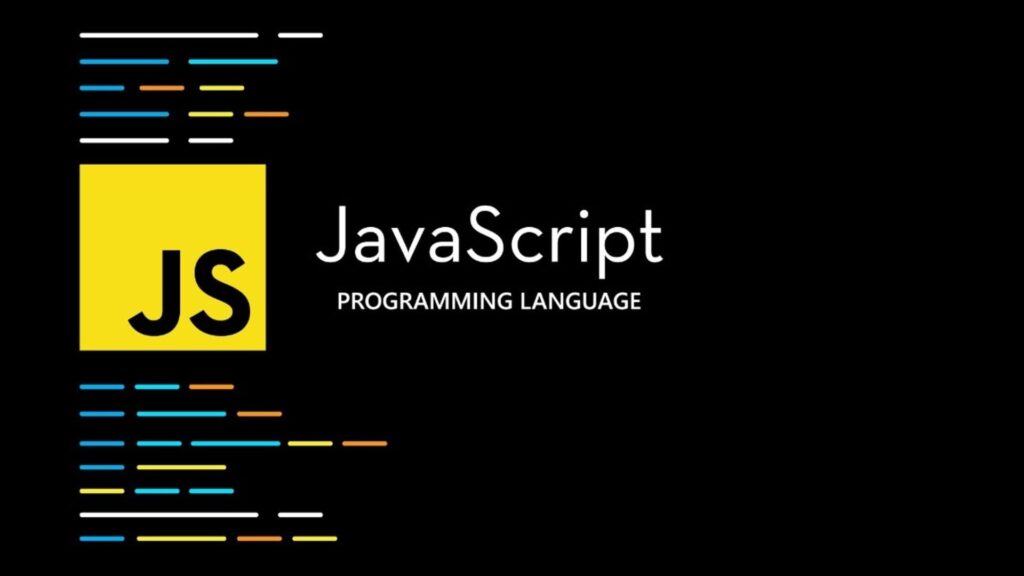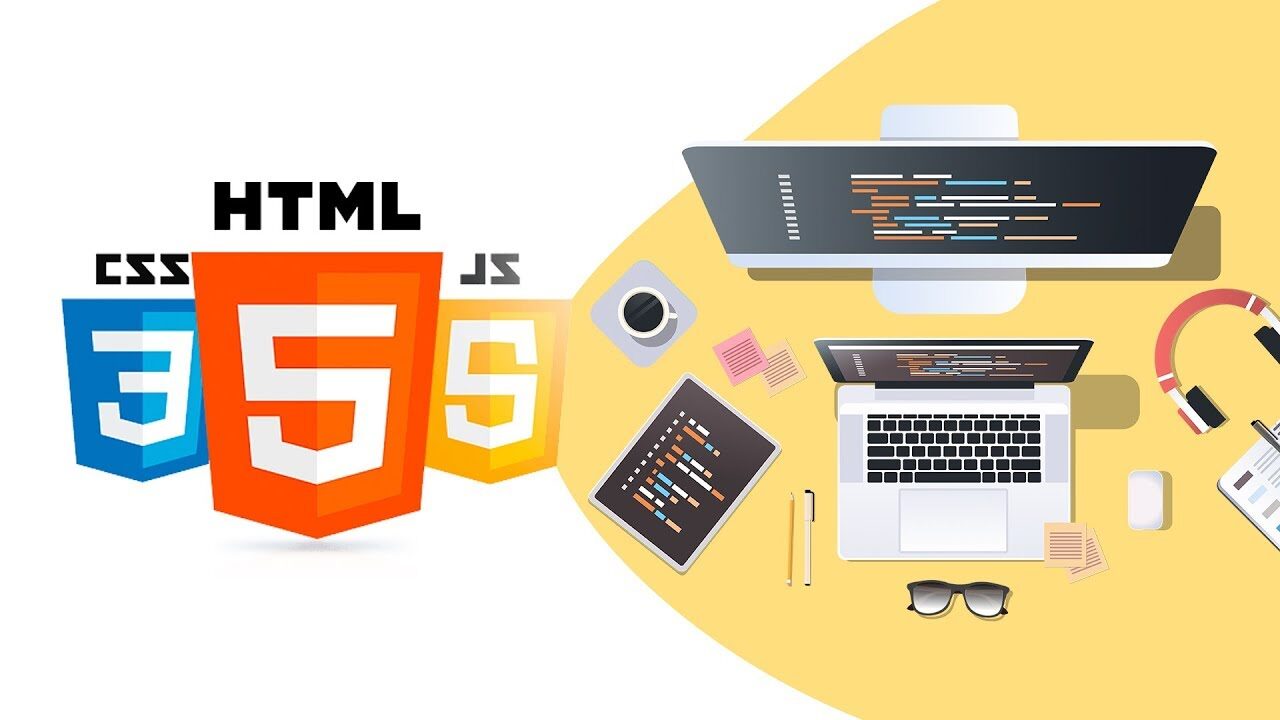JavaScript is one of the most important programming languages in the world today. Powering everything from websites to mobile apps, JavaScript is the backbone of web development and plays a key role in the interactivity and functionality of modern applications. Whether you’re new to coding or looking to advance your career, mastering JavaScript programming is an essential step in becoming a proficient developer.
This article will guide you through the must-know JavaScript skills for aspiring developers and offer insights into the best programming courses, coding tutorials, and programming resources to help you succeed.

Why JavaScript Is a Must for Developers
JavaScript is unique in its versatility. Not only is it used for front-end development (creating interactive elements on web pages), but it also plays a crucial role in back-end development via Node.js. JavaScript’s ability to run both on the server and in the browser makes it a must-have skill for full-stack developers. Plus, its wide adoption and use by major tech companies ensure that proficiency in JavaScript can open up many career opportunities.
For beginners, learning JavaScript can be a more intuitive entry point into the world of coding. Many programming for beginners courses start with JavaScript because it offers immediate, visible results that boost confidence and provide a solid foundation for more complex concepts.
Essential JavaScript Skills for Aspiring Developers
To become a competent JavaScript developer, you need to master a set of core skills that will allow you to build dynamic, interactive web applications. Here are the essential skills you should focus on:
1. Understanding Variables, Data Types, and Operators
At the heart of JavaScript programming are variables and data types. Learning how to declare variables using var, let, and const, and understanding JavaScript’s primitive data types (strings, numbers, booleans, etc.) is crucial. Additionally, knowing how to use operators such as +, -, *, and / to manipulate data will serve as the foundation for more advanced operations.
2. Mastering Functions and Control Flow
Functions are reusable blocks of code that perform specific tasks. In JavaScript, functions can be declared using both the standard function syntax or arrow functions. Understanding how to create, call, and manipulate functions is a core skill every JavaScript developer must master.
Control flow is also key, as it allows your code to make decisions. Mastering if, else, switch, and loops (for, while) will enable you to handle user input, process data, and control the flow of your programs.
3. Manipulating the DOM (Document Object Model)
One of JavaScript’s most powerful features is its ability to interact with the Document Object Model (DOM). The DOM is the representation of an HTML document as a tree structure. Using JavaScript, developers can dynamically change the content and style of a web page, responding to user actions and making the page more interactive.
For aspiring web developers, learning how to select DOM elements using methods like getElementById, querySelector, and getElementsByClassName, as well as manipulating these elements using innerHTML, style, or adding event listeners, is essential.
4. Asynchronous JavaScript (Promises, Async/Await)
In modern web development, handling asynchronous operations efficiently is critical, especially when working with APIs, databases, or external services. JavaScript programming offers multiple ways to deal with asynchronous code, including callbacks, Promises, and the more recent async/await syntax.
Mastering these tools will allow you to perform tasks like fetching data from an external API, managing timeouts, and performing multiple operations simultaneously without blocking the user interface. This is a crucial skill, especially for developers working in full-stack or server-side environments.
5. Understanding JavaScript Frameworks and Libraries
Once you’ve mastered the basics of JavaScript programming, it’s time to explore popular JavaScript frameworks and libraries. Frameworks like React, Angular, and Vue.js streamline the process of building complex user interfaces and help developers manage the state and behavior of their applications more efficiently.
For back-end development, Node.js allows JavaScript to run on the server, opening up the potential to build full-stack applications entirely with JavaScript. Mastering a JavaScript framework is a must for developers aiming for more advanced roles in web development.
Top Resources to Learn JavaScript
There are numerous resources available for those eager to learn to code in JavaScript. Here are some of the best platforms and programming courses for beginners and advanced learners alike:
1. Codecademy
Codecademy offers an interactive platform where beginners can learn the basics of JavaScript programming through hands-on exercises. The course covers essential topics like functions, loops, arrays, and DOM manipulation. Codecademy also offers a Pro version that includes real-world projects and a programming certification upon completion.
2. freeCodeCamp
freeCodeCamp is one of the most popular free resources for learning to code, providing thousands of hours of coding tutorials on JavaScript programming. It also offers certification after completing a series of projects. freeCodeCamp’s curriculum includes HTML, CSS, JavaScript, and even full-stack development.
3. Udemy
Udemy is another great option for online coding courses, offering a variety of beginner to advanced programming tutorials. Courses like “The Complete JavaScript Course” or “JavaScript: Understanding the Weird Parts” go beyond the basics and help you master more complex topics such as asynchronous programming and working with APIs.
4. MDN Web Docs
Mozilla’s MDN Web Docs is a comprehensive reference for JavaScript developers. While it’s not a traditional course, it offers detailed explanations and examples of how JavaScript works. It’s a great resource to use alongside coding tutorials to solidify your understanding.
JavaScript for Kids and Beginners
JavaScript is also a great language for coding for kids, as it’s easy to get started with. Platforms like Code.org and Scratch offer interactive, visual-based learning experiences that introduce young learners to the basics of JavaScript without overwhelming them with complex syntax.
For programming for beginners, JavaScript offers an excellent balance of simplicity and functionality, making it an ideal first language for those starting their journey in coding.
The Path to Advanced JavaScript Programming
Once you’ve mastered the basics of JavaScript programming, the next step is to dive into advanced programming concepts. This could include learning how to manage state in large applications, exploring server-side JavaScript with Node.js, or using TypeScript for more structured code.
Many developers choose to enroll in a coding bootcamp that focuses on full-stack JavaScript development, where they can master frameworks like React, MongoDB, and Express.js. These immersive programs often come with job placement support and real-world projects, making them a great way to accelerate your learning.

Mastering JavaScript is one of the best decisions aspiring developers can make. As one of the most versatile and widely-used programming languages, JavaScript provides endless opportunities in web development, full-stack development, and beyond. By focusing on essential skills like DOM manipulation, asynchronous programming, and working with frameworks, you’ll be well-equipped to build dynamic, modern web applications.
With plenty of programming courses, coding tutorials, and online coding resources available, there’s never been a better time to start your journey in JavaScript. Whether you’re coding from scratch or looking to upgrade your skills, JavaScript offers the tools you need to succeed in the fast-paced world of programming.



